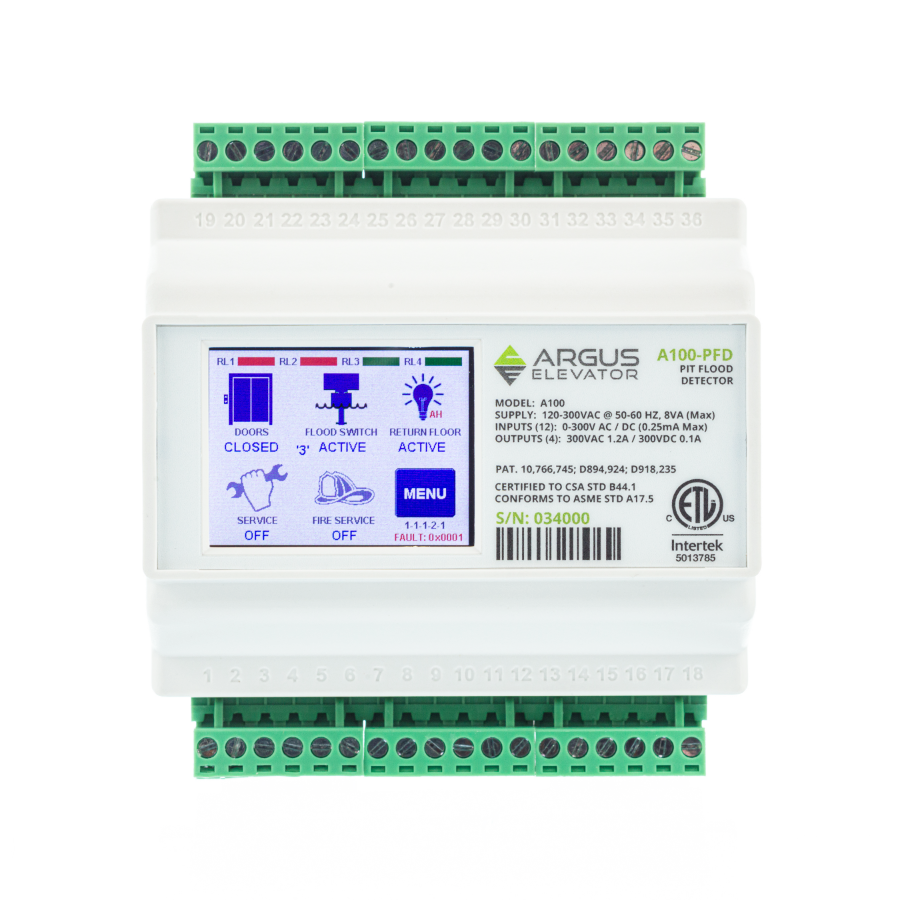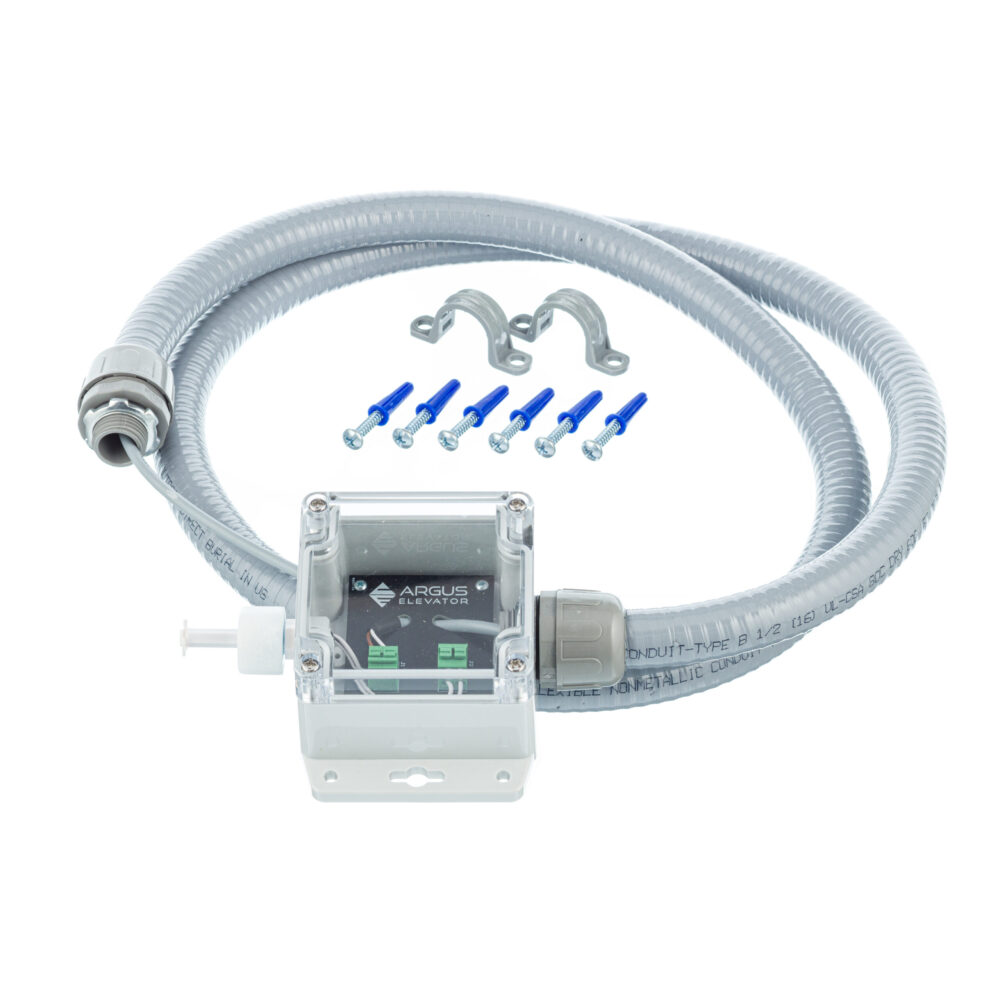Final Post: 5 Moves That Save You Time & Money
Final Post: 5 Moves That Save You Time & Money
💰 Final Post: 5 Moves That Save You Time & Money
Series Part 8 of 8: Houston 3003.4 vs. ASME A17.1 – Pit Flood Detection
We’ve covered a lot of ground in the previous 7 posts, diving into the differences between Houston’s 3003.4 code and ASME A17.1. Now, let’s put that knowledge to work!
Here are our Top 5 Recommendations you can act on today when planning and installing a solution to comply with Houston’s 3003.4 code. These steps can save you time, money, and headaches—especially if Texas adopts a version of A17.3 with pit flood operation requirements in the future:
- Sensor Placement
📍 Mount the sensor 6–12 inches above the pit floor.
This gives your sump pump time to do its job before triggering flood operation and puts you in a strong position for future compliance. - Floor Selection
🏢 Choose the next available landing above the base flood elevation.
Avoid selecting a floor higher than required, as future code updates may necessitate adjustments to this choice. - Notification Placement & Design
🔔 Install a small jewel indicator in the cab, above the floor selection panel.
Use red lettering at least 0.25″ high. This setup may already check some future compliance boxes. - Reset Method
🔑 If going external, use a Group 1 key.
Better yet, the Argus unit includes a reset option from its keypad—saving you from additional install time and cost now, while leaving open your options for the future. - What Unit to Use
🛠️ Go with the Argus A100-PFD Pit Flood Protector.
It’s firmware-based, not hardware-based. That means if the code changes, you may just need a quick firmware update—not a full replacement.
✅ Get compliant today, and plan ahead. These five steps help you do both—with less hassle and more savings.



